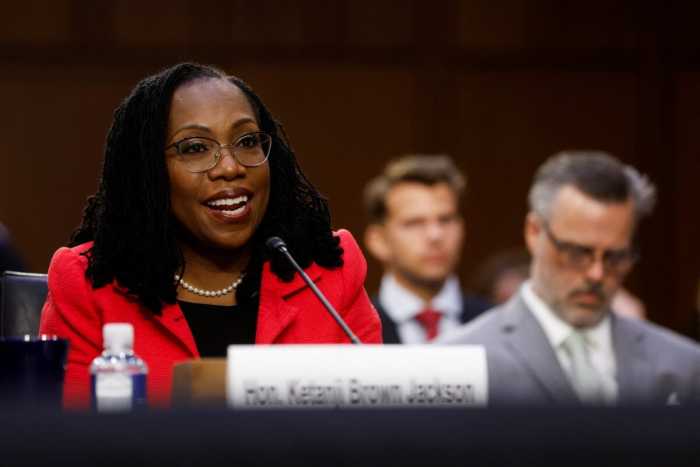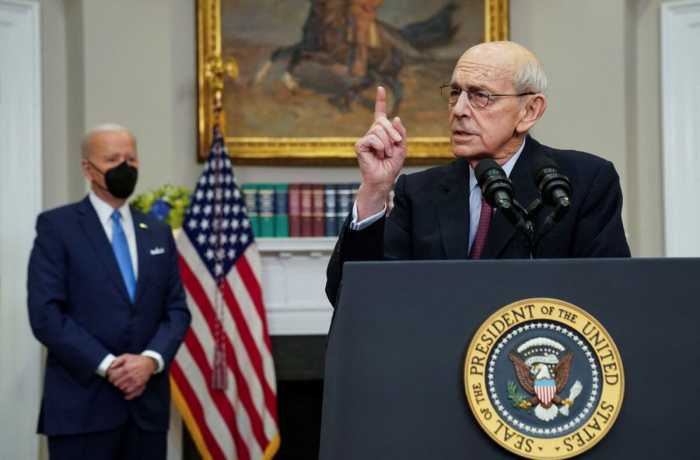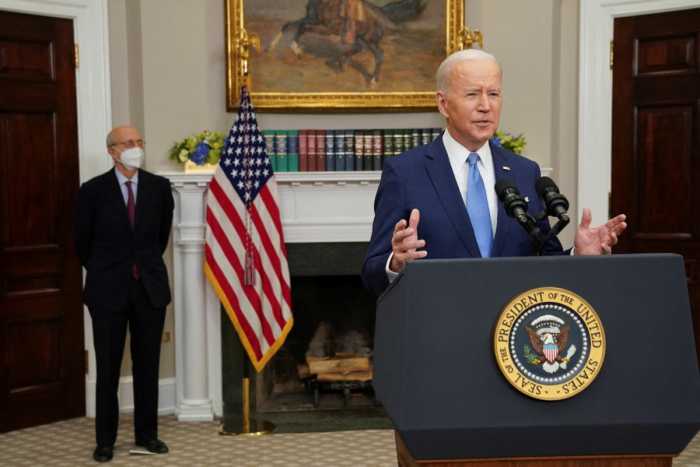On June 24, the Supreme Court ruled 5-4 in Dobbs v. Jackson Women’s Health Organization, that “the Constitution does not confer a right to abortion.” Justice Samuel Alito’s opinion for the majority of the Court, which did not change in any material way from the draft leaked earlier this year, embraces the “originalist” contention that the 14th Amendment, adopted in 1868, means what the generation that adopted it thought that it meant, as evidenced by the legal status of abortion at that time.
Under the Court’s reasoning, because the Constitution does not explicitly mention abortion, the question of whether it can be interpreted as protecting an individual’s right to terminate their pregnancy depends on the language of the 14th Amendment and how it would be understood in 1868. As of then, Alito contends, abortion was either criminalized or considered unlawful in most of the states, so a right to have an abortion could not be considered part of the “liberty” protected by the Due Process Clause of the 14th Amendment.









